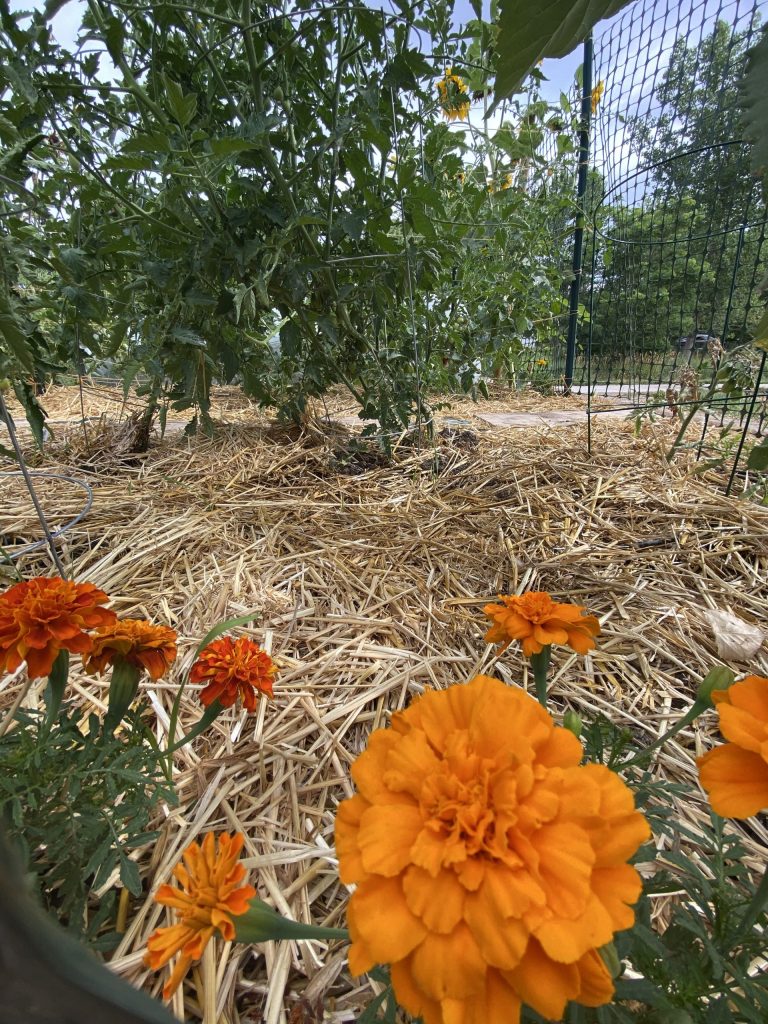Sustainable gardening employs best practices in the areas of water use, pollinators, composting and plant selection
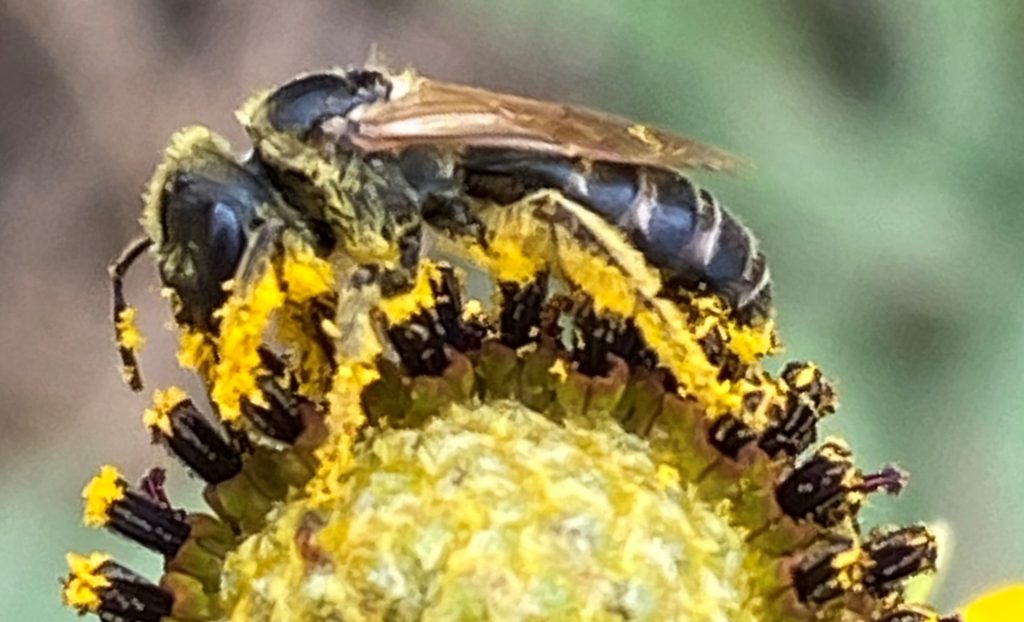
CSU, CSU Extension, and their valued partners offer a variety of programs and services to help you with your yard and landscape. Please click here for more information on local garden services.
Sustainable landscaping begins with an appropriate design that includes functional, cost efficient, visually pleasing, environmentally friendly, and maintainable areas and requires minimal resource inputs, such as fertilizer, pesticides, gasoline, time, and water. Sustainable Landscaping – 7.243
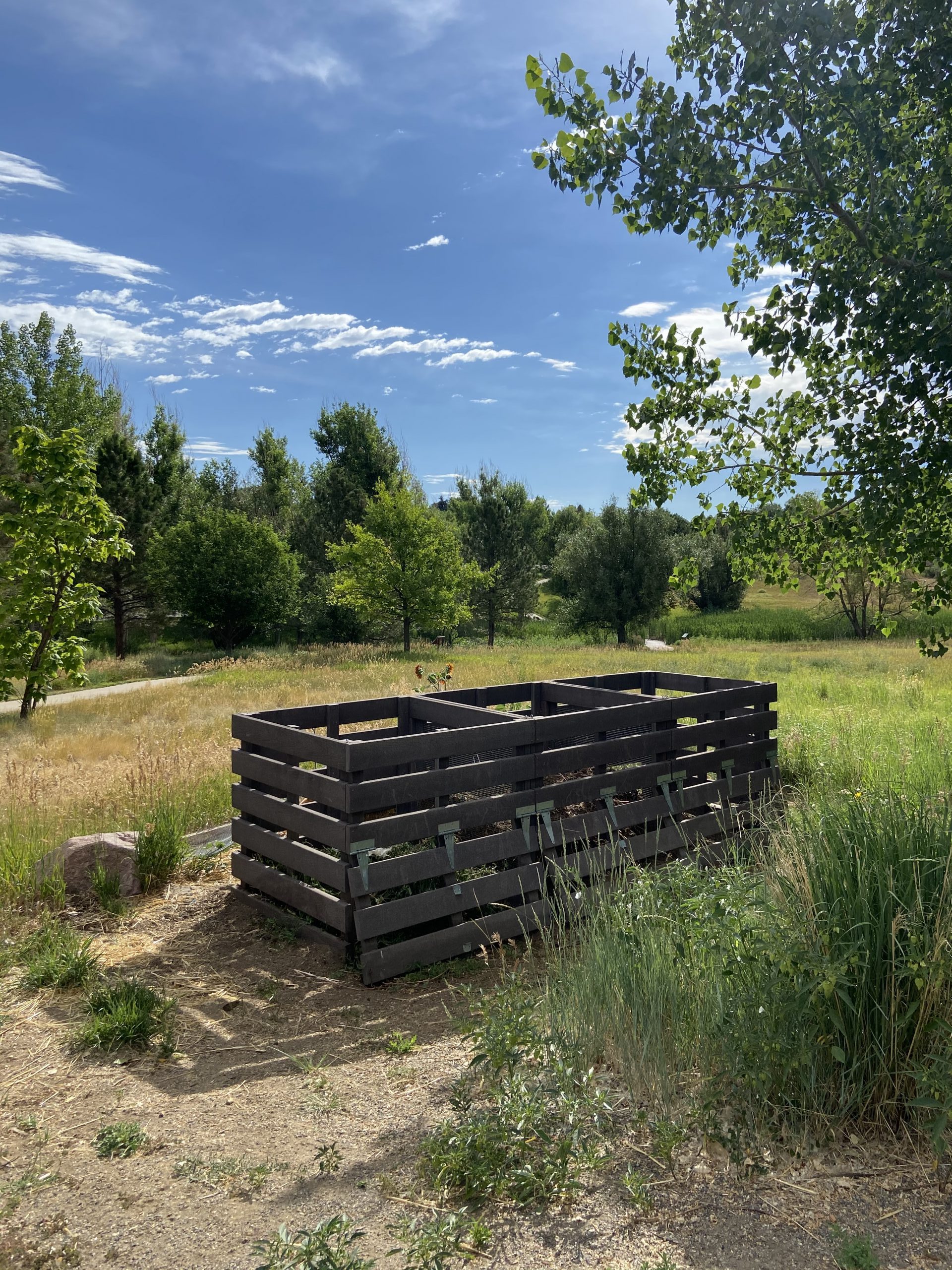
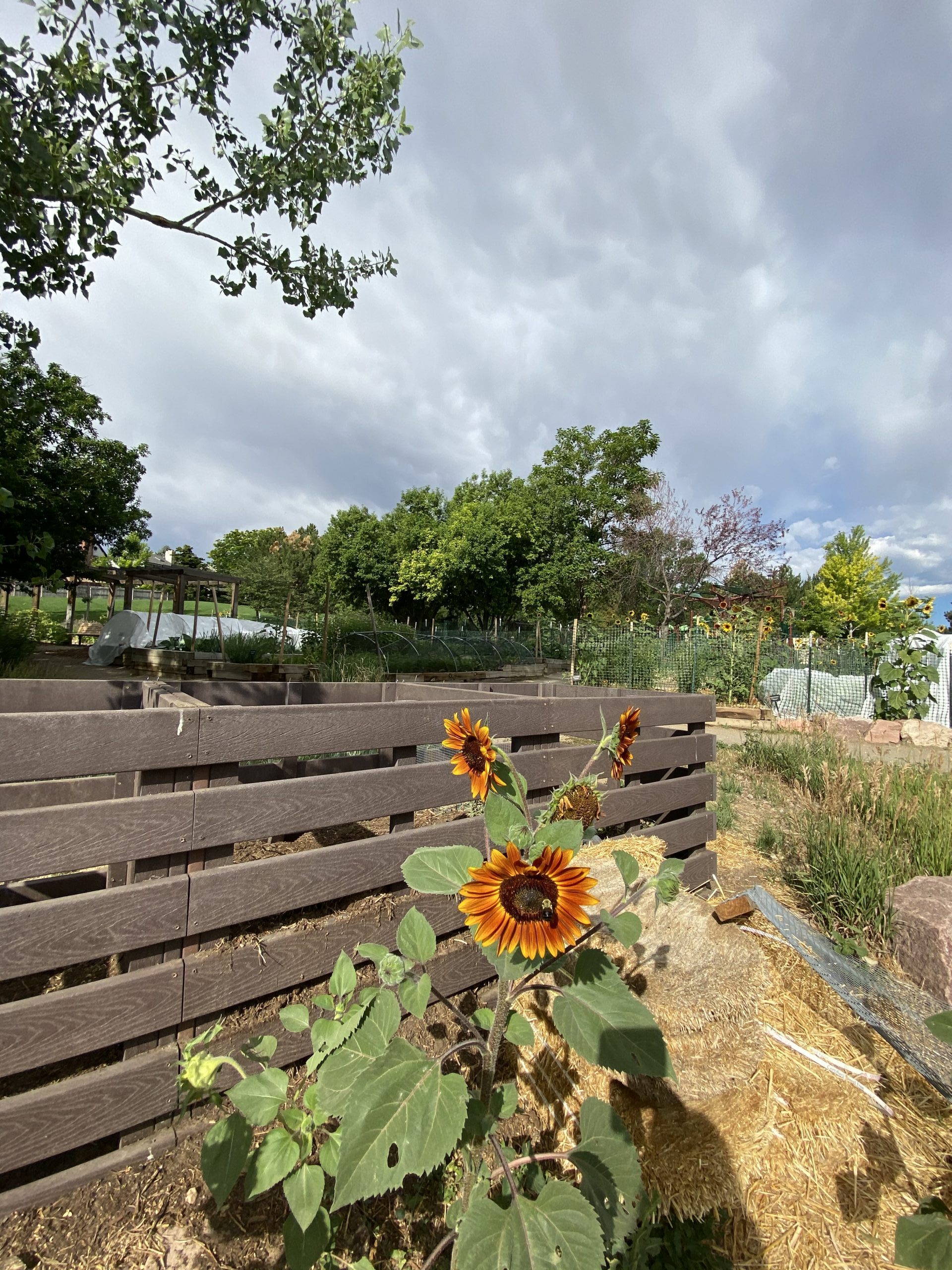
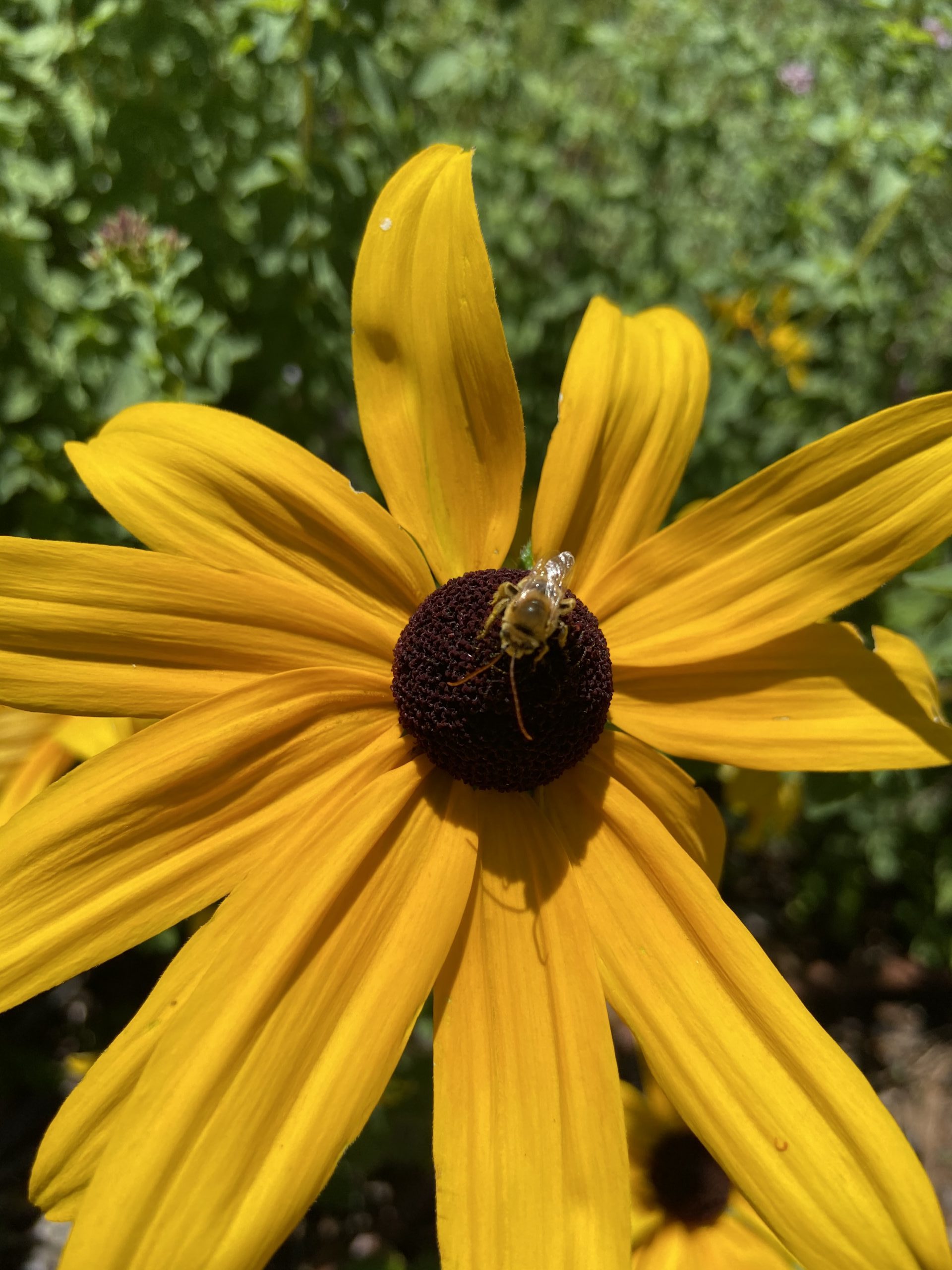
Native Plants
Sarah’s Science-Based Sustainability Videos discussing Native Plants, Composting and Mulching
Pollinator Paradise: Who are the Pollinators
Beneficial Insects in your Backyard
This list of nurseries and seed companies currently known to sell Colorado native plants was prepared by CSU Extension in Clear Creek County Sources of Colorado Native Plants
Native plants are greatly beneficial for landscaping due to their adaptability. Colorful flowers, grasses, shrubs, and trees are well adapted to our diverse climate, soils, elevations and temperatures. Native Plants
The Colorado Native Plant Society (CoNPS) recommends the use of native plants in landscaping, both because of their adaptability and because Colorado has a unique regional horticulture worth promoting and protecting. Suggested Native Plants for Gardening and Landscape Use on The Front Range of Colorado
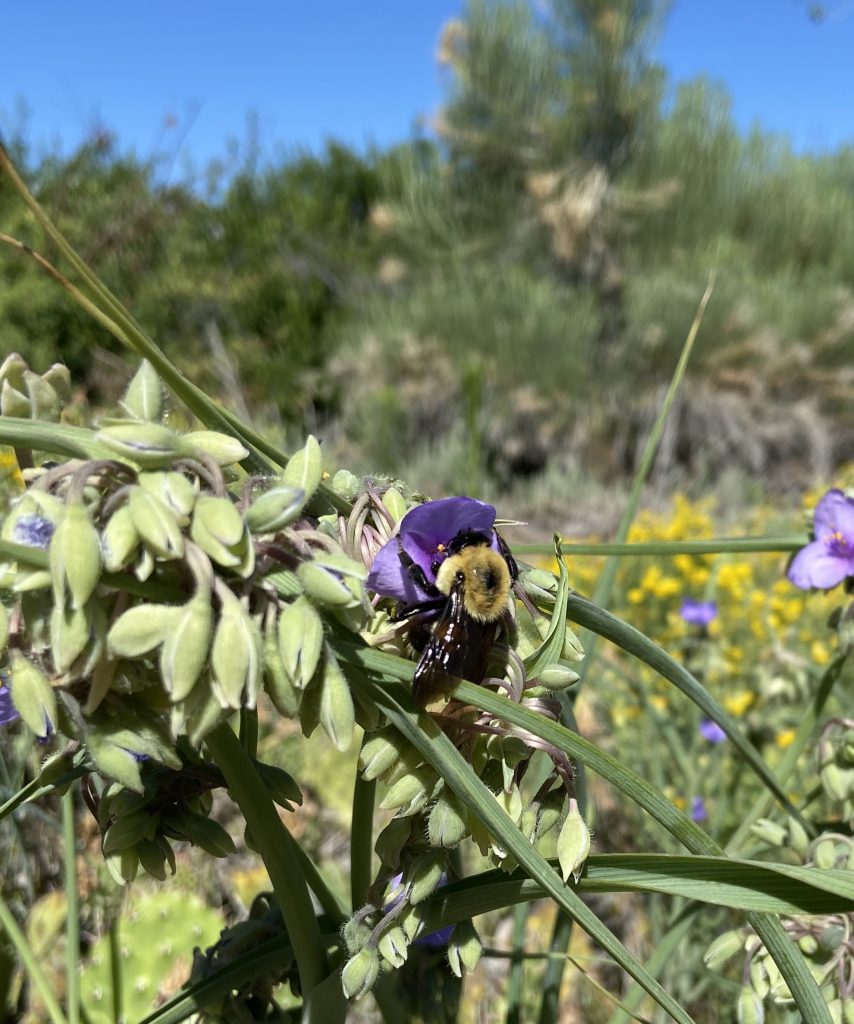
Composting
Composting yard waste recycles nutrients back into the yard and saves landfill space. Composting reduces yard waste volume by 50 to 75 percent. Composting Yard Waste
Composting materials are divided into two types, green and brown. Learn more about what can and cannot be composted. 1615 – Composting: What Can Be Composted
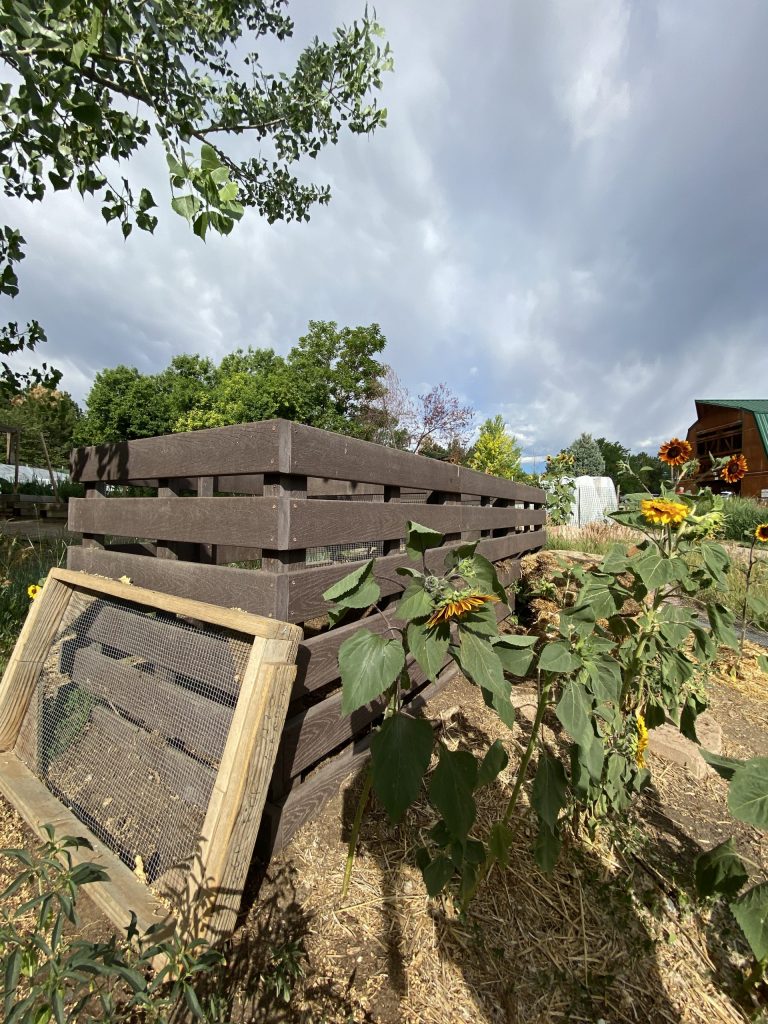
Mulching
There are two types of mulches, organic and inorganic. Organic mulches include wood and bark chips, straw, grass clippings and seed hulls. Inorganic or inert mulches include weed-barrier fabrics, gravel and rock. Mulches for Home Grounds
Xeriscape mulching, low water! Xeriscape Mulches
CMG Garden Notes #715 Mulches for the Vegetable Garden
